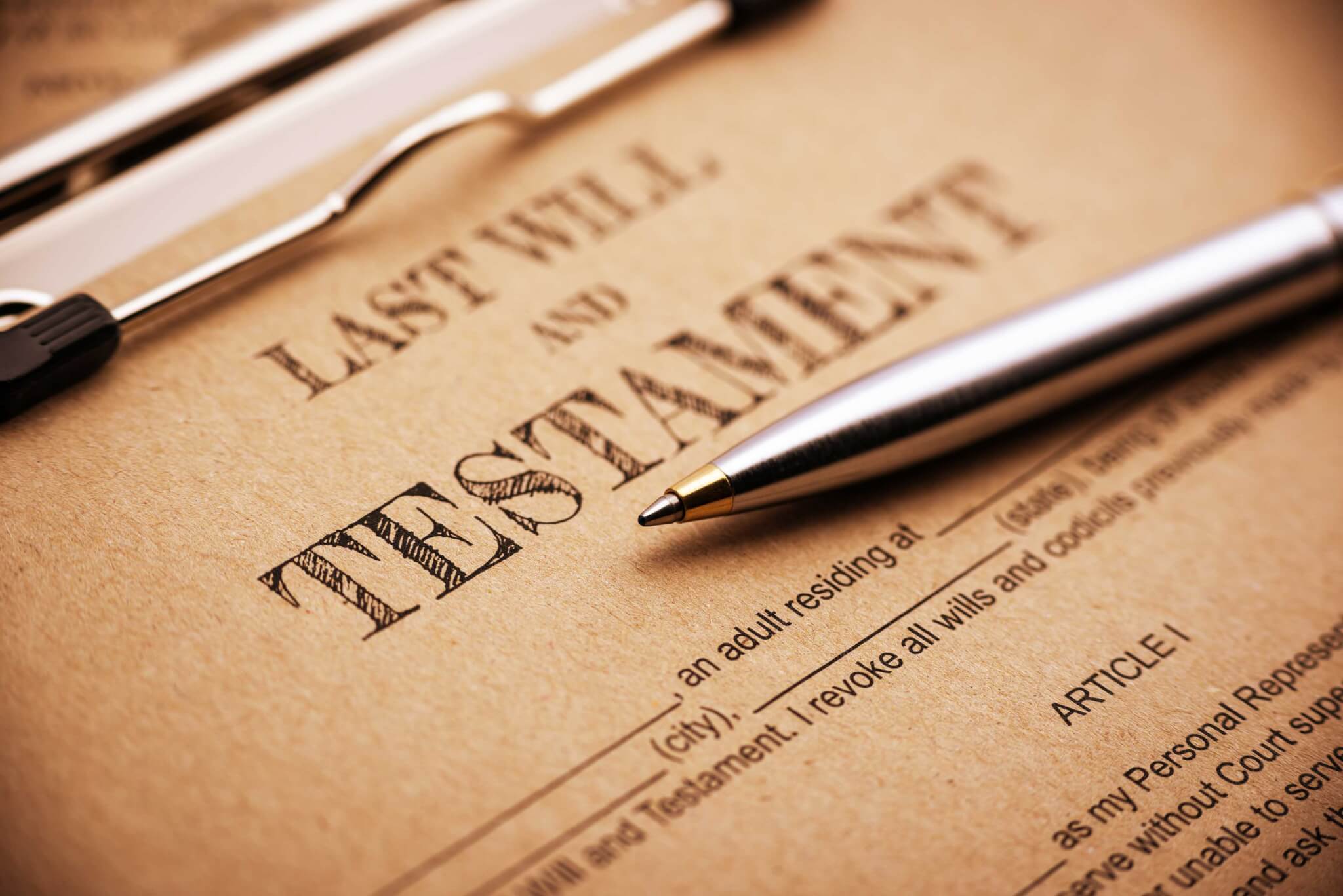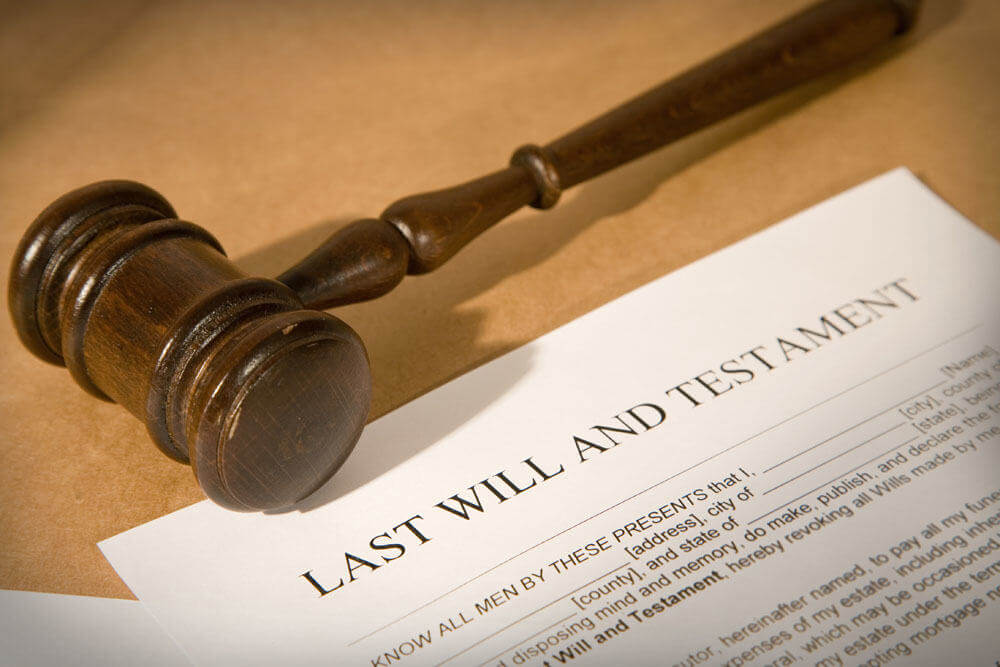
22 October 2019
Here we give you a simple guide on some of the most common things we get asked in Wills and Probate.
- How to make a Will
At Williamsons, making a Will is a straightforward and stress-free process. Contact us for an initial appointment and we will go through your circumstances and wishes.
We will then draft your personalised Will and you simply need to attend another appointment to sign it. We can even visit you at home if you cannot attend our offices.
You can find out more about Wills on our website. - How to change my Will
If you have an existing Will, you can always update it so long as you have capacity.
You have the option of making small changes to it, though a separate document called a Codicil, or making a new Will completely.
At Williamsons, we can advise you which is the best option based on your circumstances and the alterations you want to make.
You can find out more about Wills on our website. - How to make a Lasting Power of Attorney (LPA)
To make a Lasting Power of Attorney (LPA) for Property and Financial affairs or Health and Welfare issues, you firstly need to decide on people you trust to deal with your affairs should you loose capacity (they will be your ‘attorneys’).
You then need to complete the necessary forms, which must be signed by you and your attorneys. A certificate provider also needs to sign the form to confirm that you currently have capacity.
At Williamsons, we can draft all of the forms for you and will also act as the certificate provider. We will then register the document for you with the Office of the Public Guardian.
You can find out more about LPAs on our website. - How to register an Enduring Power of Attorney
An Enduring Power of Attorney must be registered when the donor starts to lose capacity.
There are a lot of people who need to be notified about the registration and an application needs to be sent to the Office of The Public Guardian.
At Williamsons we can help you with the necessary forms and advise who you will need to contact.
You can find out more about an Enduring Power of Attorney by contacting our Wills & Probate team. - How to deal with someone’s affairs when they have lost capacity
If the person had a registered Lasting Power of Attorney, then the attorneys named in the document can start acting.
If they did not have one in place, you will need to apply to the Court of Protection to be appointed as their Deputy.
At Williamsons, we can guide you through this process and complete the forms on your behalf.
You can find out more about a Court of Protection on our website. - How to organise my affairs when I cannot get into the office
At Williamsons, we have offices in Hull, Beverley, Bridlington and Driffield.
However, if you cannot get in to one of our offices, we also offer home visits and can also come and see you in hospital, a care home or a hospice.
You can find out the address of your nearest office on our website. - How to obtain a Grant of Probate
Many institutions require a Grant of Probate before allowing the executors access to the asset. It is also usually required when you are selling the property of someone who has passed away.
To obtain one, you must report the estate to HMRC to confirm the tax position and then submit an application to the Probate Registry confirming who should deal with the estate.
At Williamsons, we can complete the necessary forms for you and help you with the next steps of dealing with an estate.
You can find out more about a Grant of Probate on our website. - How to administer someone’s estate where there is a Will
If you are named as an executor in a Will you will need to administer the estate.
This involves applying for the Grant of Probate, collecting in the assets, paying any debts and following the terms of the Will. Depending on the assets involved, this can be a complicated and time consuming process.
At Williamsons, we can administer the estate on your behalf and deal with all of the paperwork involved.
You can find out more about Administration of Estate on our website. - How to administer someone’s estate if there is no Will
Depending on your relationship to the deceased, you may be entitled to be an ‘administrator’ of the estate under the rules of intestacy. This is a very similar role to that of an executor, if there had been a Will.
You will need to administer the estate and potentially apply for a Grant of Representation in order to collect in the assets, pay any debts and distribute the estate correctly. This can be a complicated and time consuming process.
At Williamsons, we can administer the estate on your behalf and deal with all of the paperwork involved.
You can find out more about Administration of Estate on our website. - How to stop being an executor
You do not have to take up the executorship if you do not wish to and there are several options available to you, including renouncing the right completely or having your powers reserved.
If you are not sure about being an executor, we would recommend that you seek advice at Williamsons Solicitors before taking any actions.
You can find out more about Administration of Estate on our website.












